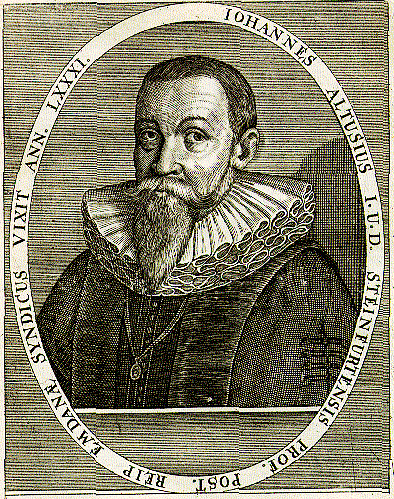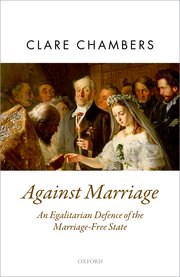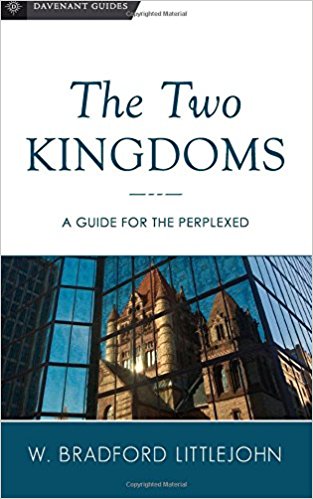On Monday I presented a paper at the BJU Seminary symposium for Fall 2018 on Genesis 1:26-28. The paper is posted on the Theology in 3D website. I’m thankful for the opportunity to present the paper, and I welcome feedback.
I’m grateful to Dr. Ken Casillas for inviting me to present the paper and to Dr. Eric Newton for his insightful response.






 This is one of those books that stands head and shoulders above other recent books. It comes in three parts. In Part I Rowe examines the Stoic philosophers Seneca, Epictetus, and Marcus Aurelius. In Part II Rowe summarizes the thought of Paul, Luke, and Justin Martyr. In Part III Rowe investigates the question of whether these two rival traditions can be compared.
This is one of those books that stands head and shoulders above other recent books. It comes in three parts. In Part I Rowe examines the Stoic philosophers Seneca, Epictetus, and Marcus Aurelius. In Part II Rowe summarizes the thought of Paul, Luke, and Justin Martyr. In Part III Rowe investigates the question of whether these two rival traditions can be compared.